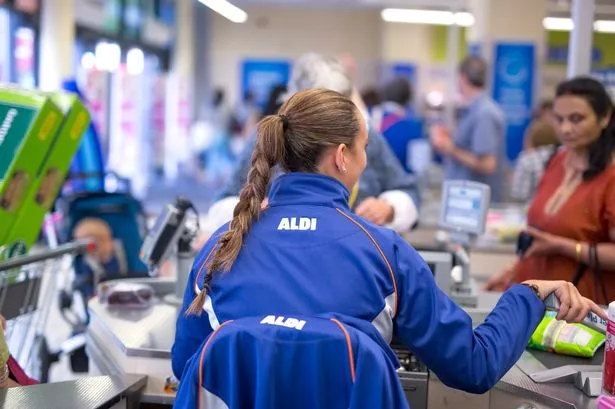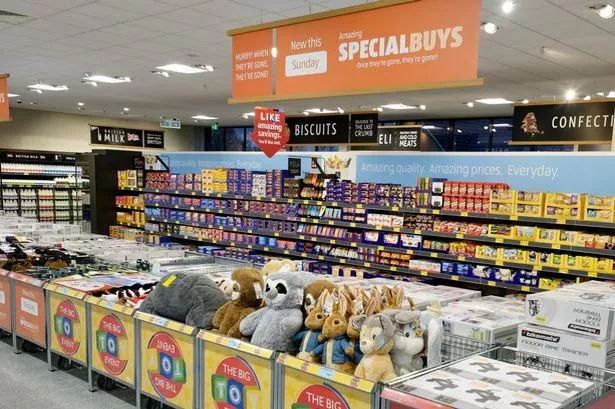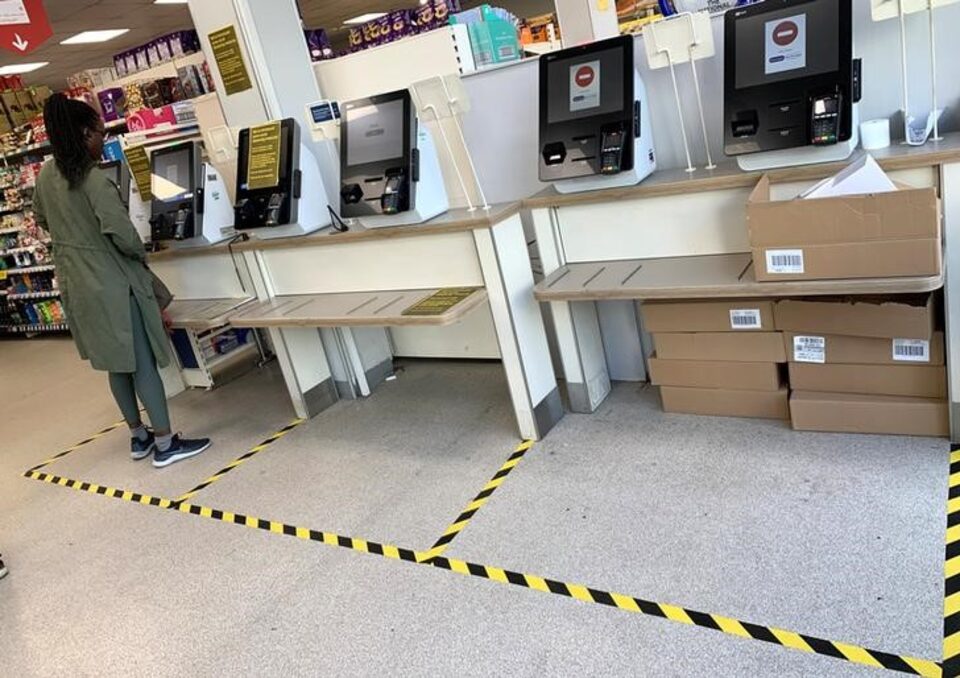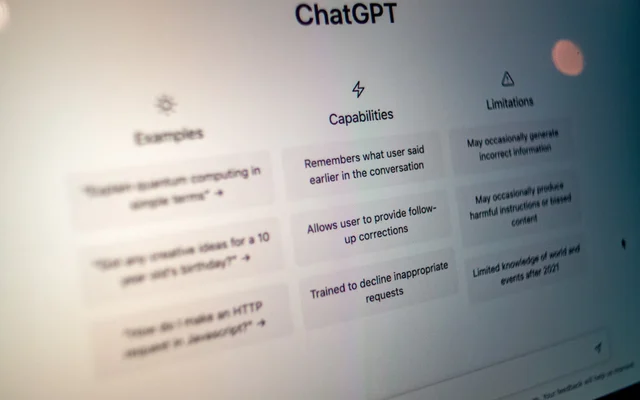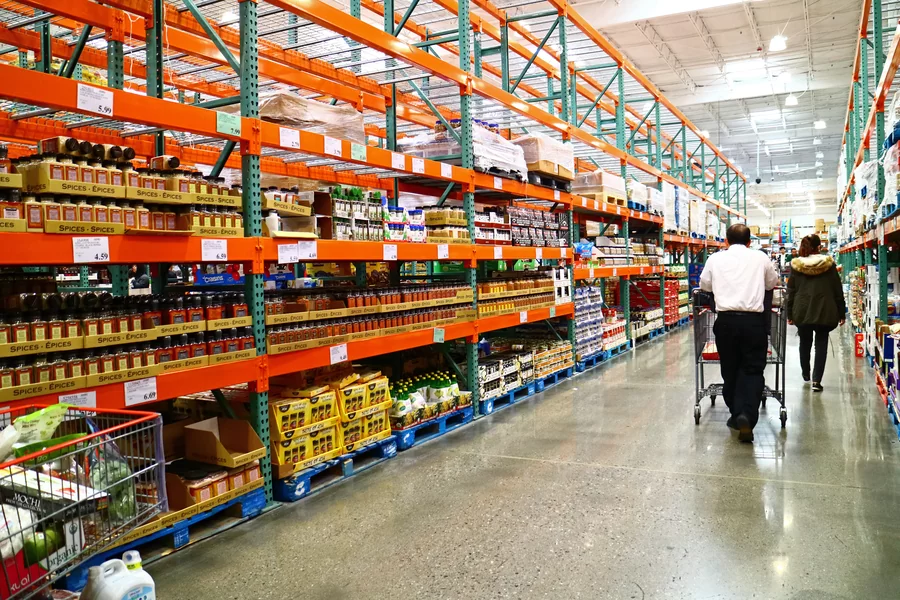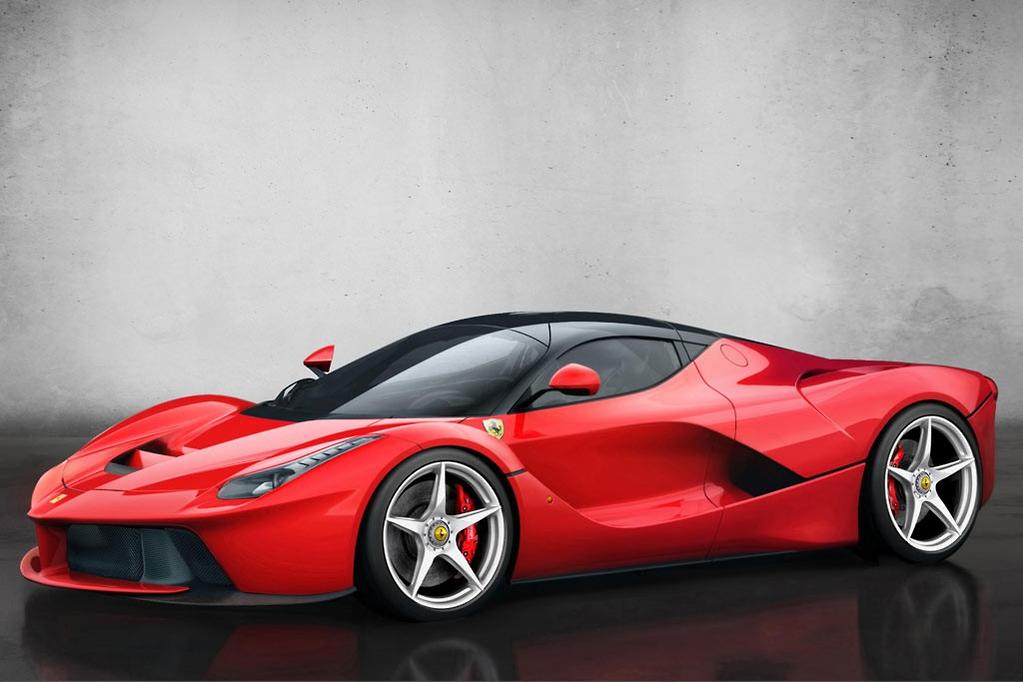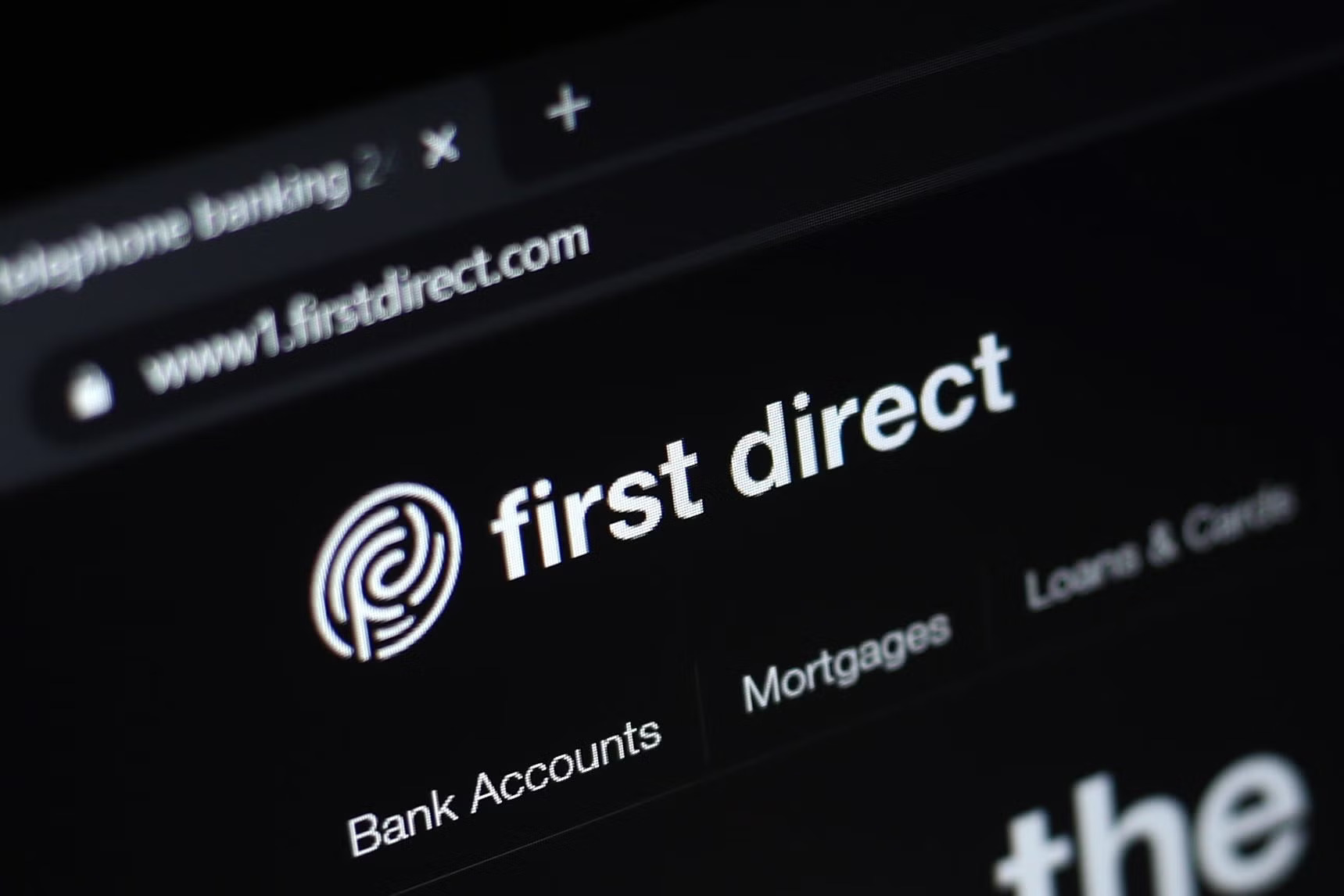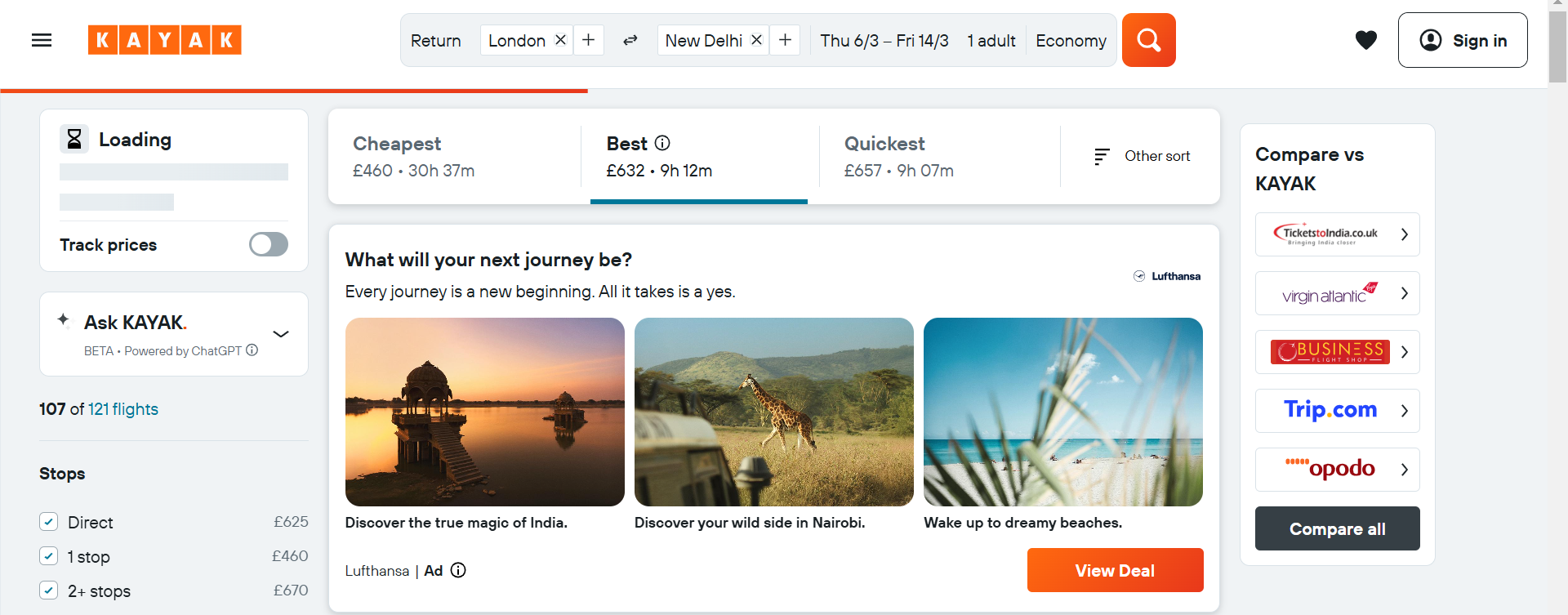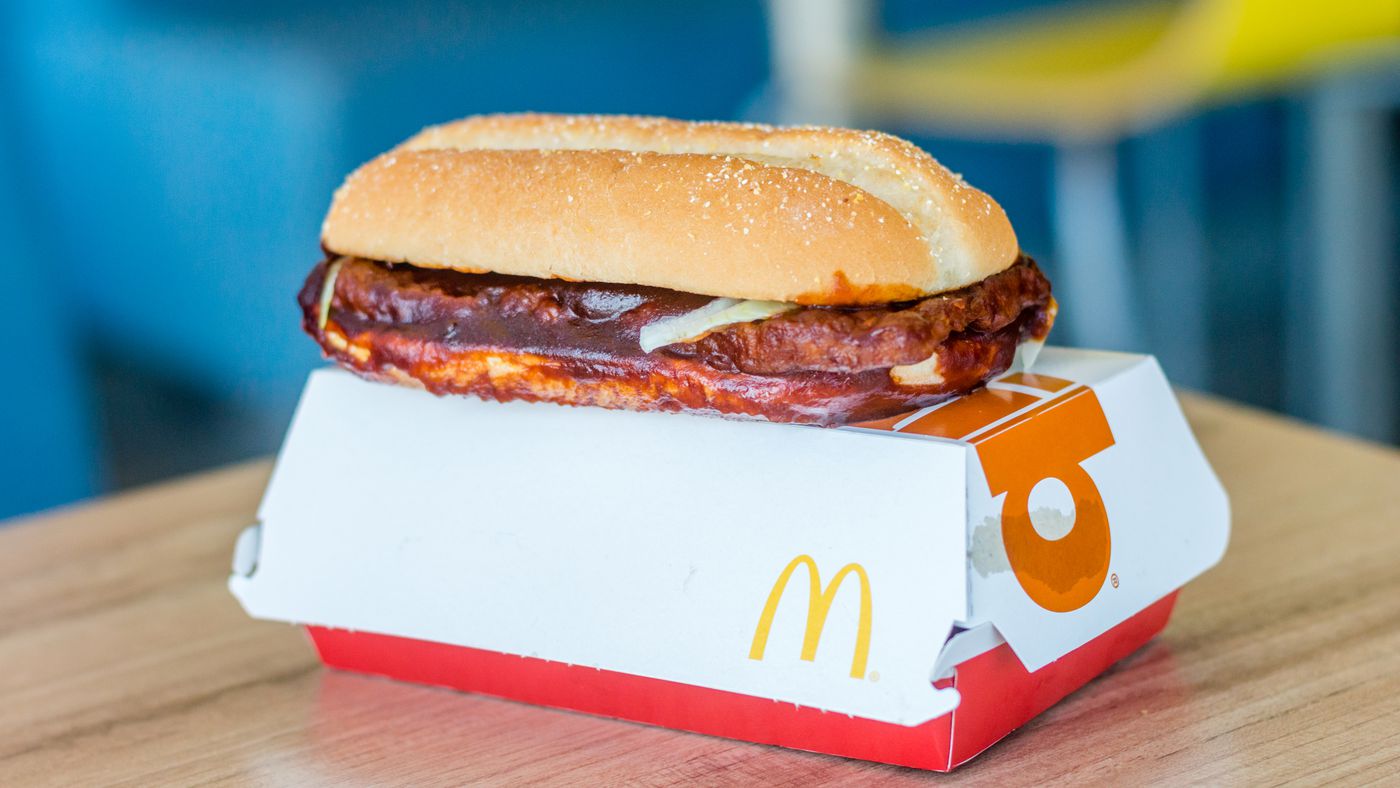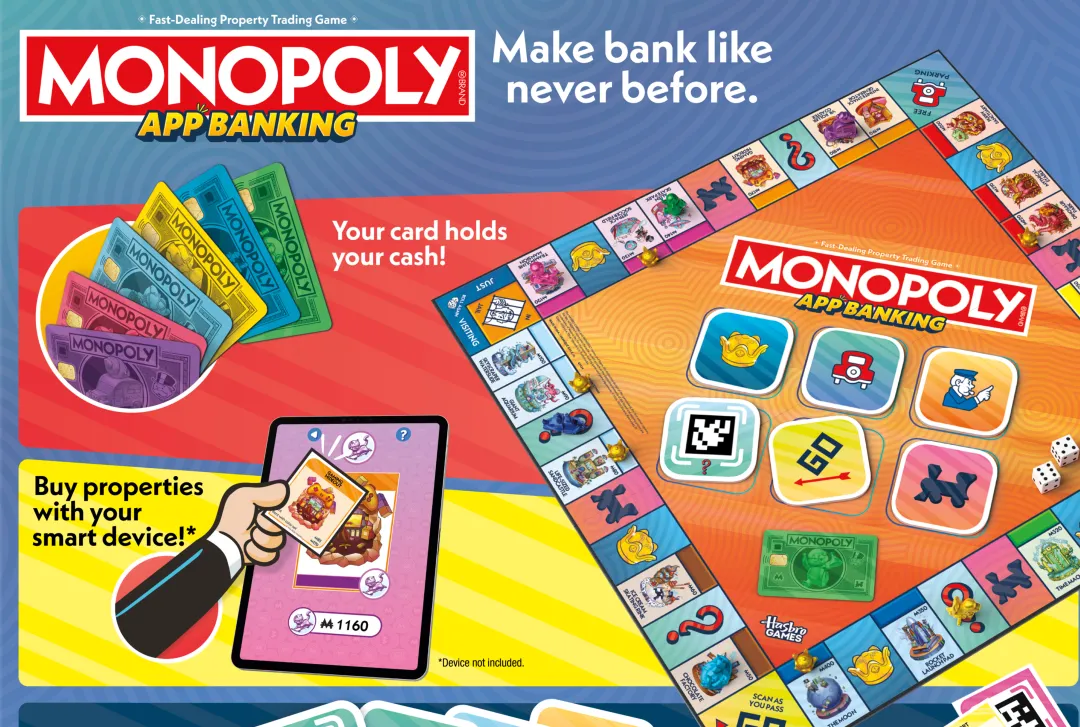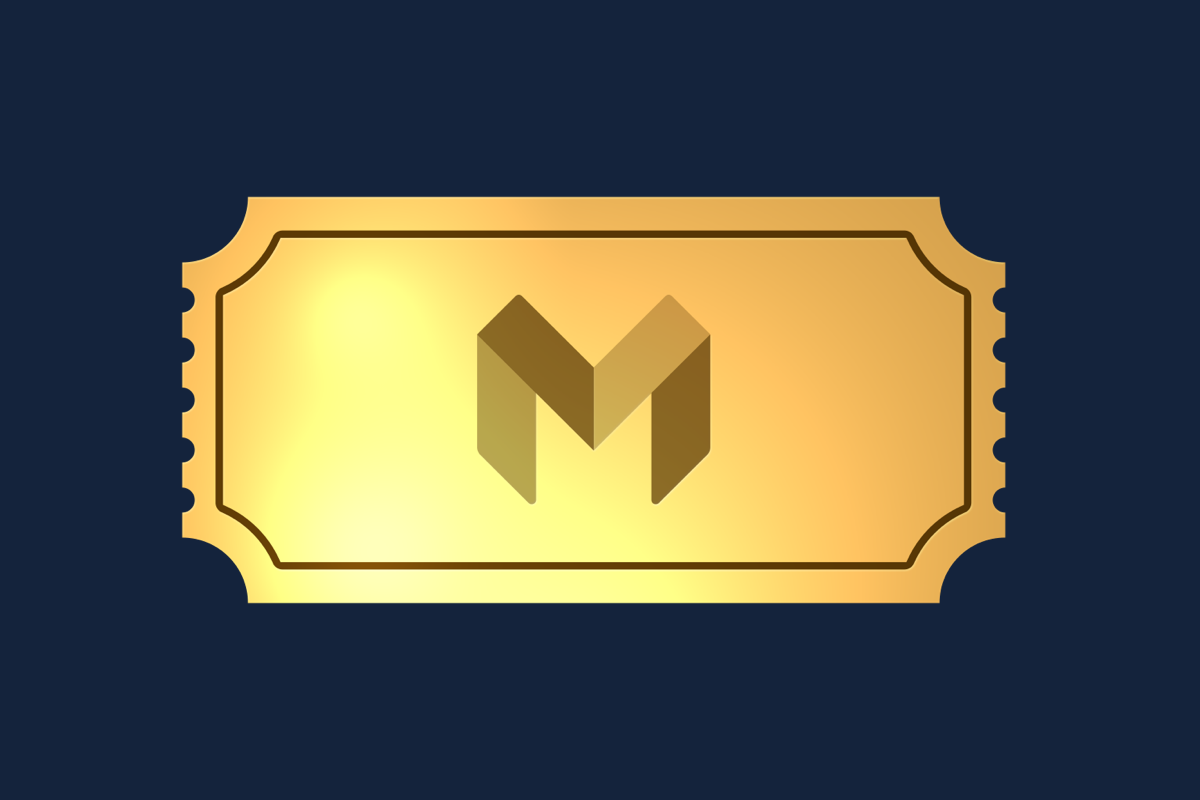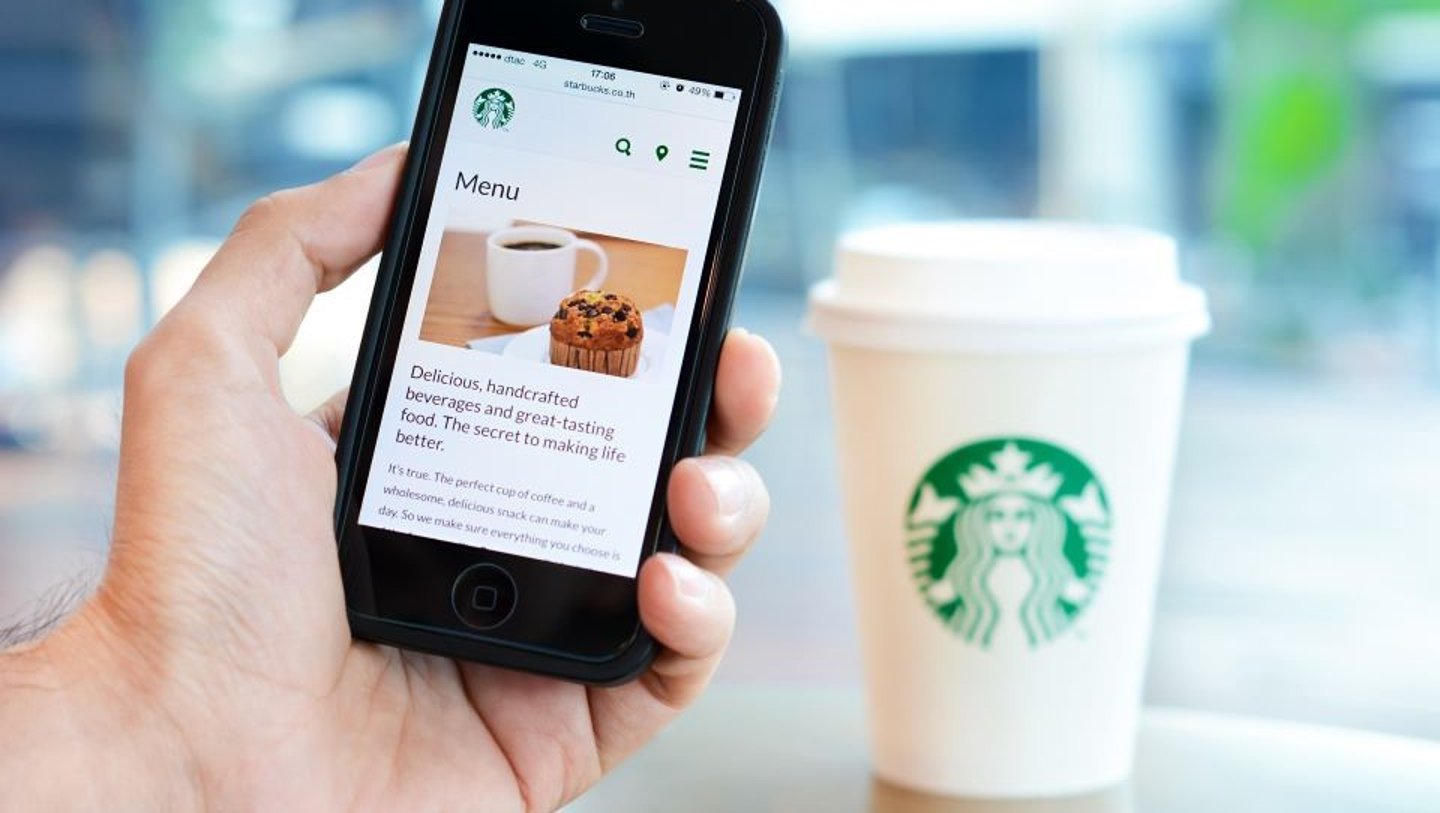Aldi makes it hard (actually, impossible) to buy branded goods and to have them delivered to your home. But this obstacle allows the brand to keep ruthlessly competitive prices, and frees up staff to assist customers in stores.
Friction as a force for good
In a world of seamlessness, brands can stand out by making life hard for consumers.
The middle aisle in Aldi is notoriously difficult to navigate. Each week it stocks a strange mix of new products, everything from hanging plant baskets to metal watering cans. But the chaos of this aisle, known affectionately as the aisle of shame, has made it immensely popular among customers. It has even spawned a Facebook community with 3 million followers.
Booths, a British supermarket, got rid of its self checkout machines altogether because customers deemed them to be unreliable and impersonal. It turns out that the ‘hassle’ of human cashiers is actually their main benefit. As managing director Nigel Murray put it, “we pride ourselves on great customer service and you can’t do that through a robot.”
ChatGPT gradually spits out information as if it was thinking and responding in real time. In reality, the code was instantly ready when you clicked the prompt – but it presents the illusion of effort.
At Costco, there are no aisle signs or in store maps to direct shoppers. Plus, Costco frequently rotates its stock and changes the store layout, making it hard to know what is available and where to find it. This is all part of the store’s ‘treasure hunt’ strategy; helping customers find unexpected items and creating a unique shopping experience.
Ferrari is worth $90 billion, making it the most valuable car company in Europe, precisely because it makes the product hard to buy. When Ferrari revealed its new $3.7 million “hypercar” in 2024, it announced it wouldn’t be available for sale. Instead, it promised the car to a select group of 800 dedicated customers who already owned a Ferrari (note: the company only sells 14,000 per year).
First Direct effectively told people: you can’t visit us in store, because we don’t have branches, but instead we’ll give you brilliant customer service over the phone. The company’s two million customers now get to enjoy an average 39 second telephone wait time versus eight minutes for the wider industry.
Anyone who has tried to get Glastonbury tickets knows the chaos involved, manically refreshing the landing page to secure a spot in the queue. Yet fans complained when the festival introduced instead a new system in 2024, randomly assigning everyone to a place in the queue as shown by green tabs. Yes it was easier, and fairer, but it removed the fun of the process that had become an institution in its own right.
When you use Grammarly’s (premium) plagiarism checker, it warns you that “we are checking your work against billions of webpages. It may take a while.” It’s not frictionless but it gives you confidence that the results will be legit.
At Ikea, you have to walk through the entire maze-like store to get to the checkout, and if you buy something, you have to assemble it all yourself. Hardly easy, but nowadays how many other stores are people genuinely excited to visit?
Booking site Kayak shows customers each airline it searches for. It takes more time, but it signals the effort that is going into the search.
The McRib made its debut at McDonald’s in 1981, and while it initially attracted some attention, it wasn’t enough to keep it as a permanent fixture on the menu. But when the sandwich was taken away, many customers expressed disappointment and a desire for its return. This prompted McDonald’s to periodically bring the McRib back, but always for a limited time, over the next few decades. The sandwich’s temporary nature sparked a devoted following, so much so that a McRib locator was created to help fans find it.
Monopoly released a new ‘simplified’ version of the game, where a mobile app handles all transactions and removes the need for a banker or physical money. Sure, players will find it easier to pay, and harder to cheat, but in the words of one journalist: “it is nowhere near as tantalising as the prospect of flaunting piles of pink and orange notes in a delicious victory over your competitive mother.” Plus, as any regular player will know, a bit of fraud is part of the fun.
The bank initially required customers to join a three week waiting list, creating the sense that the product was special. It then gave customers a golden ticket – but only one – to pass to friends so they could skip the waiting list and get immediate access. According to founder Tom Blomfield, “it just worked incredibly well – about 40% of our sign-ups in 2017 came from golden tickets and it cost us nothing.”
The Starbucks mobile ordering feature became so popular that baristas were unable to cope with the demand, wait times were longer, and the company reported that a ‘mid-teens percent’ of mobile orders went uncompleted. In short, it worsened the problem it was set up to solve.

